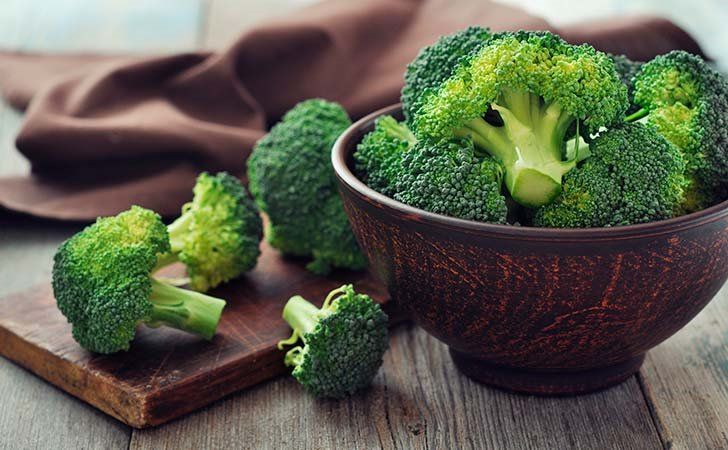
Superfoods are a great way to add more nutrient-dense foods to your diet. They are loaded with vitamins, minerals, and antioxidants.
Organic superfood powders are a convenient way to incorporate these foods into your diet. These powders are made from a mixture of nutrient dense, high-quality ingredients and can be mixed into smoothies or added to your favourite drinks.
How can I incorporate organic superfoods into my diet?
Adding a variety of nutrient-rich foods to your diet can help you achieve your health and wellness goals. Moreover, these types of foods are easy to incorporate into your regular meal plan.
For example, incorporating a cup of matcha green tea into your morning routine can give you plenty of antioxidants, vitamins, and nutrients to power through the day. This drink also has caffeine for energy and L-Theanine for enhanced focus and clarity.
1. Eat more greens
Greens are nutrient-dense foods that provide essential vitamins, minerals, and disease-fighting chemicals. They are also low in calories and high in fiber.
They keep you full and control blood sugar, which reduces your risk of heart disease and diabetes.
Aside from eating them in a salad, you can add them to sandwiches and sauces. And they can make a delicious smoothie.
Greens are also a good source of protein, calcium, iron and folate, which is important for preventing cardiovascular disease. But be aware that they can interact with certain drugs and overconsumption may have some side effects, so speak to your doctor if you are taking medications.
2. Eat more legumes
Legumes such as beans, peas and lentils are a great way to add more protein, fiber and phytonutrients to your diet. They also provide a steady supply of complex carbohydrates that regulate blood sugar, helping lower your risk for diabetes.
Moreover, legumes are also a good source of calcium and magnesium. They are also rich in iron, zinc, B vitamins, phosphorus and potassium.
However, you should know that some types of legumes contain antinutrients that can interfere with absorption of iron, calcium and other minerals. This can be especially harmful to vegetarians who frequently eat these foods.
3. Eat more nuts
Nuts are a delicious, nutrient-dense superfood that can help you feel full, lose weight, and improve your health. They also come in a variety of flavors and can be enjoyed on their own, paired with fruit, or added to meatless meals.
They’re packed with protein, healthy fats, fiber, and vitamins, minerals, and antioxidants. They can also help you reduce your risk of heart disease, according to the Mayo Clinic.
They also keep you feeling satisfied for longer, which can make it easier to stick with your diet. Studies have shown that people who eat nuts often are less likely to gain weight, says Eric Rimm, a professor of epidemiology and nutrition at Harvard School of Public Health.
4. Eat more seeds
Seeds are small but powerful – they squeeze a lot of nutrients into a little package. Whether it’s chia, hemp, pumpkin, sesame or sunflower seeds, they are all packed with protein, fiber, monounsaturated fats and lots of vitamins and minerals.
They also help stabilize blood sugar levels, reducing the risk of diabetes and other chronic conditions. They’re also a great source of omega-3, which helps reduce inflammation and can improve heart health.
5. Eat more berries
Berries are a great addition to a healthy diet. They’re high in antioxidants and fiber, plus they contain probiotics to help improve gut health.
Berries can be eaten fresh, frozen, canned or dried. They’re also a great choice for making fruit smoothies and popsicles.
Eating more berries in your diet can help you fight off serious health issues such as heart disease, diabetes and cancer. They’re also rich in nutrients, vitamins and minerals.
Frequently Asked Questions
Are organic foods better for us?
According to the Environmental Working Group’s latest report on pesticide residues, organic fruits/vegetables had nearly half as many pesticides than non-organic. Organic apples had eight times less pesticides than nonorganic apples. However, organic strawberries had four times the amount of pesticides as their conventional counterparts.
Research has also suggested that organic food may reduce mercury and lead exposure. A study concluded that children who ate organic meat had 33% lower levels of blood lead than those who didn’t. Another study concluded conventional fish consumption should be stopped by pregnant women because it contains high levels of mercury.
Organic food tends to be healthier than nonorganic. Experts recommend that you choose fresh fruits and vegetables whenever possible to lower your chance of developing cancer or other diseases.
What are organic products good for skin?
Organic skincare products don't contain any synthetic chemicals such as parabens or phthalates.
Organic skincare products do not contain artificial colours, fragrances or preservatives.
They are also formulated to help maintain healthy skin, prevent premature aging, promote healing after injury, and support overall well-being.
These are some standard terms you might come across when shopping for organic items:
- Paraben Free - these are a group of chemicals used to keep certain cosmetic products stable, but they can be toxic if consumed in large quantities.
- Fragrance-Free - the product does not have added fragrance or essential oils.
- Cruelty-Free--No animals were hurt in the manufacturing process.
- Natural Ingredients: The ingredient is naturally derived form the animal or plant.
- Vegan/Vegetarian – The ingredients can either be vegetarian or vegan.
- Gluten-Free: This is when gluten was eliminated from the formulation.
- Non-Toxic-The product doesn't contain any toxic chemicals, carcinogens, and/or other harmful substances that could be harmful to your health.
- Biodegradable - the product will break down into harmless components when discarded.
- Pesticide Free – There were no pesticides used during the harvesting or growing process.
- GMO-Free is a declaration that the product does not contain genetically modified organisms.
- Certified Organic refers to ingredients that were grown using methods that protect soil, water, air, wildlife and farmers.
What is an organic food processor?
Organic food producers use organic methods to grow their products. These foods include fruits, veggies, grains, and dairy goods.
Organic food production is only possible on farms where the crops are grown naturally. This includes soil preparation and pest control as well as crop rotation.
USDA (United States Department of Agriculture), has strict requirements for agricultural products to be certified organic.
These guidelines will ensure that consumers have safe, healthy, and nutritious food.
Organic food offers many health benefits. From lower levels of pesticide residues, heavy metal contamination, to higher nutrient contents and better flavour, organic foods are healthier.
USDA organic products must carry the USDA Certified Organic seal.
This certification indicates that the product meets the requirements of the National Organic Program.
As well as ensuring that we eat healthier, organic food also helps protect our environment.
Organic farming techniques preserve water and land. Organic farming also helps to reduce greenhouse gases emissions, which are responsible for climate change.
Organic agriculture uses fewer chemicals and reduces pollution runoff.
It improves air quality as harmful gases such nitrates or ammonia are less likely to accumulate in the atmosphere.
There are many types to organic farming.
Conventional farming uses synthetic inputs such pesticides and fertilizers.
Regenerative farming is the use of compost, cover crops, or green manures to improve soil health. It also promotes biodiversity.
Agroecology focuses on sustainable relationships between people, plants, and animals.
Permaculture encourages self-sufficiency by creating systems that are similar to nature.
Is organic food good for you?
There are two types of foods; those we grow ourselves and those we buy from someone else. There are exceptions to these categories, but most people will answer your question yes. Organic food is healthier because it doesn't contain any harmful chemicals, pesticides, herbicides, preservatives, or genetically modified organisms (GMO).
You can find organic foods in supermarkets across North America. Many grocery stores now sell organic food. This makes it easier for customers to select organic products.
Organic food has higher levels vitamins, minerals and antioxidants which makes it more delicious and nutritious. Organics are often grown without pesticides and synthetic fertilizers. This means that they do not pollute the soil and water sources.
The USDA regulates organic farming practices and requires farmers to follow strict guidelines to ensure that organic produce is safe to eat. There are over 30,000,000 acres of US agricultural land that has been certified organic.
As an added benefit, organic food is often much cheaper than conventional food. Organic food is often cheaper than conventional food because it contains the same amount calories, protein, as well as nutrients. Organic farms don't have the expense of expensive chemical inputs, such as insecticides and/or fungicides. They can charge lower prices.
According to Environmental Working Group, organic food can be 10 percent cheaper per pound when compared to conventionally produced food. Organic food is an option if you want to improve your health and the health of your family.
Organic food has become a popular alternative to standard American diets. Many people believe that organic food can only be found in specialty markets or gourmet restaurants. This is false. Organic food can easily be found in any regular grocery store across the United States.
Organic food sales have increased significantly in recent years. In 2012, the US market value for organic food was $43 Billion. This is an increase of $21 Billion from 2007.
Organic meat is better
This question is probably answered if you've been paying close attention. The problem is that organic food is increasingly popular, but conventional food continues its decline.
Organic foods are more appealing because they are healthier. Organic products are healthier for us and the environment.
However, this coin has two sides. Organic produce takes longer to grow and requires more resources to do so. Organic food can be more expensive than its nonorganic counterpart.
Organic meats are typically higher priced than conventionally raised animals. However, it is possible to reduce costs without compromising on quality.
Locally grown produce is a great way to save money. Buying locally grown fruits and vegetables helps keep prices low because farmers receive incentives to grow healthy crops.
You can also look for deals to reduce costs. There are often discounts offered when purchasing organics.
Another way to save money? Eat less meat. Feeding livestock can be very expensive.
There are many reasons organic foods are better for our bodies and the environment, but we need to be mindful of the cost.
What are the health benefits of organic foods?
While organic foods may not be suitable for everyone's health, they are healthy for some people. However, regular consumption of organic foods can have health benefits.
Organic food does not contain artificial fertilizers or pesticides. It also doesn't contain fungicides. Organic produce is free from harmful chemicals that could cause harm to human health.
Additionally, organic products are less likely to contain additives during processing. You're more likely to eat organic products than you are non-organic.
Studies have shown organic foods have more nutrients and antioxidants that conventionally grown fruits, vegetables.
Although organic farming methods tend to cost more than conventional farming methods, they often yield better results. When farmers grow crops organically, they encourage soil fertility and biodiversity.
This helps protect against erosion and conserve water resources. Organic farms don't use toxic chemicals and require less fuel and energy.
People are worried that organic foods may be more expensive then conventional. Prices can vary depending on where you live. Organic apples, on the other hand, tend to be more expensive that conventional apples.
But, if we look at the total cost of a combination of both types and fruits, we'll see organic is much cheaper.
Do you want to go organic?
It depends on you. If you don't like the taste of organic food, then you probably shouldn't bother.
You can still buy organic food if your preference is for good tasting food. Organic foods are safer as most commercial growers use chemical fertilisers, pesticides, or genetically modified species (GMOs) to produce their crops.
Organic agriculture conserves the environment and promotes biodiversity.
What is inorganic food?
Organic food is made without pesticides or artificial fertilizers. Inorganic foods contain these chemicals, which may cause health problems.
Organic food is organically grown without the use of harmful chemicals such as pesticides or herbicides. These chemicals can harm humans and animals.
Inorganic foods are meats, fishes, eggs, buttermilk, cheese, yogurt and honey as well as vegetables, fruits and spices.
The term organic refers to the way an agricultural product is grown. Organic farming uses natural methods to grow crops. Conventional farming uses pesticides and synthetic fertilizers.
Organic foods must comply with strict guidelines set forth by the U.S. Department of Agriculture. According to the National Organic Program Standards all organic food must be free of banned materials such as antibiotics growth hormones genetically modified organisms GMOs, and industrial solvents. Organic food must be grown without the use of toxic chemicals or petroleum-based fertilizers.
Statistics
- Cosmetic brands such as Laurel and Rose Mira are 100 percent organic and have a wide array of skincare products. (en.wikipedia.org)
- Brands participating in this challenge are committed to using 100 percent sustainable cotton by 2025.[5] (en.wikipedia.org)
- As for organic meat, regulations require that animals be raised in living conditions that accommodate their natural behaviours (like the ability to graze on pasture), fed 100% organic feed and forage, and not administered antibiotics or hormones. (usda.gov)
- Once certified by the USDA, it can fall into one of four categories: "100 percent organic", "organic," "made with organic ingredients," or "made with less than 70 percent organic ingredients. (en.wikipedia.org)
External Links
ecfr.gov
usda.gov
ncbi.nlm.nih.gov
- PubMed: Assessment of the micronutrients found in plant foods that are produced using organic and conventional agricultural techniques - PubMed
- Comparison of the total phenolic and ascorbic acid content of freeze-dried and air-dried marionberry, strawberry, and corn grown using conventional, organic, and sustainable agricultural practices - PubMed
doi.org
- Occupational Pesticide Exposures and the Cancer Risk: A Review. Journal of Toxicology and Environmental Health. Part. B. Vol 15, Issue 4.
- Genetically modified food safety and public concerns: a review by Journal of Food Science and Technology
How To
What you need to know about organic foods
Organic foods are plants and animals grown without pesticides, chemical fertilizers, or additives. They can't be genetically modified or exposed to ionizing radiation. The food must contain no artificial ingredients, colourings, flavour enhancers, or preservatives. It must not contain genetically altered organisms (GMOs).
In 1845, Justus Von Liebig, an aspiring chemist and entrepreneur, created the term "organic" to describe the properties found in manure. Nowadays, most people associate the term organic with the production of food. Organic means the product has only natural substances like proteins, carbohydrates, and fats that are found in nature.
Over the past decade, organic products have seen a dramatic increase in consumption. According to statistics, approximately 50% of the world’s population consumes at minimum one organic product each day. This percentage is increasing and will reach 70%, 80% and 90% by 2020.
There are many reasons why consumers choose organic products. Organic produce can be preferred for its taste; others prefer them for being healthier. Some people believe organic farming to be more environmentally friendly. There are ethical concerns regarding farm workers and animals. This is why some people choose organic products.
Although organic foods tend to be more expensive than regular ones, prices can vary depending on where they are located. Organic food prices are affected by many factors. The availability of suitable land for organic agriculture is one factor. Another is the cost of inputs and labour needed for organic cultivation. There are other factors such as transportation costs, marketing and taxes. For example, in Europe, the average price of organic food is 10% higher than the regular price.
Here are some key differences between organic and traditional foods.
- Organic produce does not contain any chemicals, hormones or antibiotics.
- Organic livestock are fed grasses, grains and legumes rather than corn or soybean meals.
- Organic milk comes from cows fed only grasses and hay.
- All raw materials used in organic manufacturing are certified organic.
- No pesticides or other harmful chemicals are allowed during organic fruits and vegetables' growth and processing stages.
- Organic meat, poultry, and seafood are free from radiation.
- Before using raw nuts or seeds, they must be soaked.
- Organic cooking only uses healthy oils.
- Organic eggs were laid by hens. They can also be used in outdoor areas.
- The traditional methods used by bees to extract honey organically are still in use today.
- Organic chocolate uses sugar and beans that have been grown and processed organically.
- Organic wines are free from chemical additives.
- Organic tea leaves are made from hand-picked plants.
- Organic cotton is not treated with pesticides.
- Organic cereals and flours contain no preservatives, artificial colours, or flavours.
- All-natural soaps and shampoos don't contain any harsh chemicals.
- All-natural cosmetics for skin are safe
- All natural cleaning products can be biodegradable and are eco-friendly.
- All natural body care products are hypoallergenic and dermatologically tested.
- All-natural personal hygiene products are fragrance-free and can be used safely by babies.
- All-natural baby formula contains no bovine serum or animal protein.
Resources:
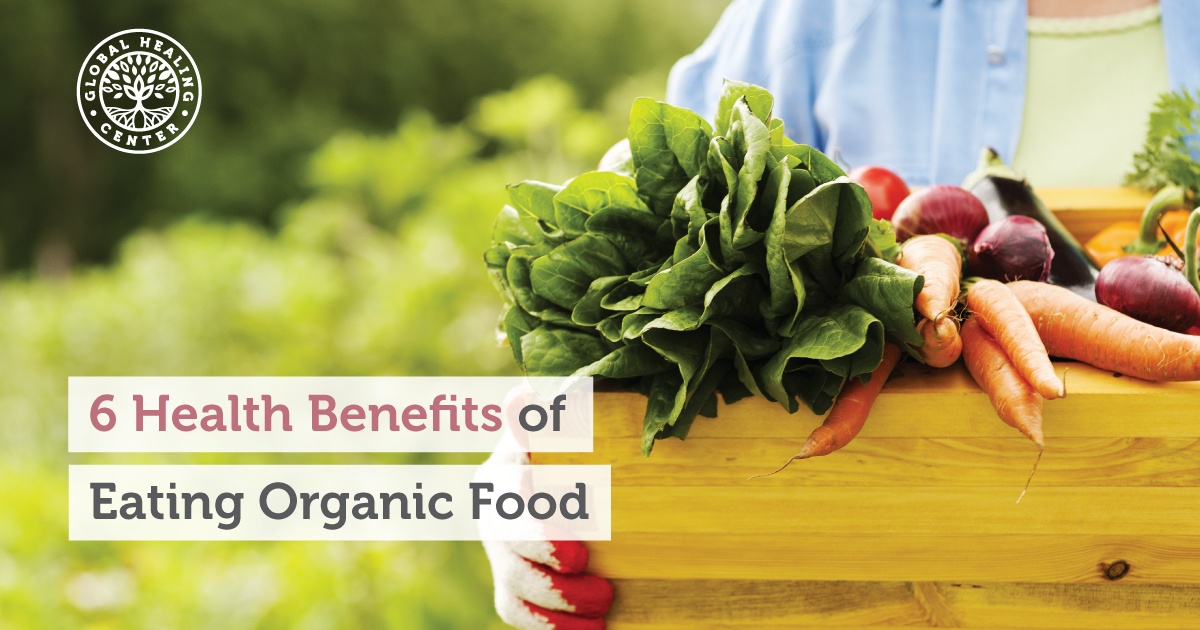 |
Nuts and SeedsNuts and seeds are nutrient-rich crunchy tidbits that add a protein, fiber and healthy fat punch to meals and snacks. They’re also a great source of.. |
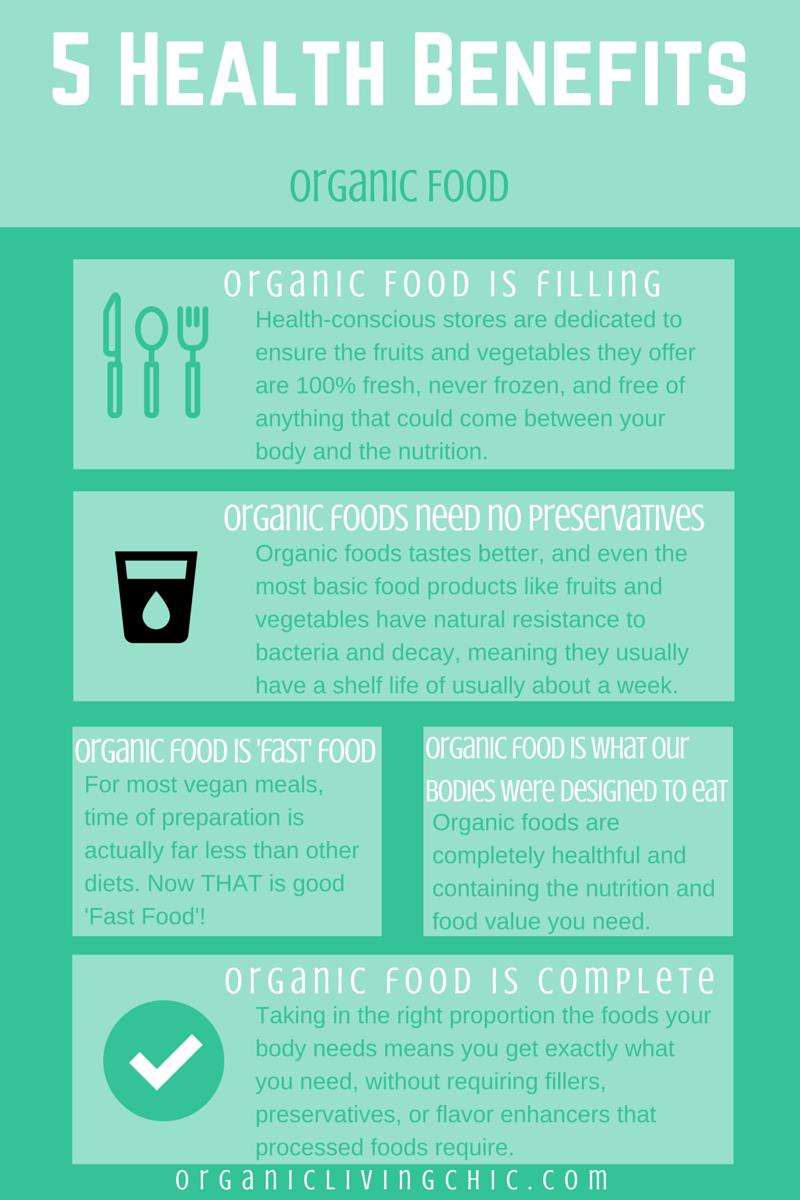 |
Organic Food For A Six Pack? The TRUTH About Organic vs Conventional Foods!Get ripped and keep your strength: http://goo.gl/uLzHn6 Hey guys, it's Clark over at Six Pack Shortcuts and today we're gonna talk about organic vs |
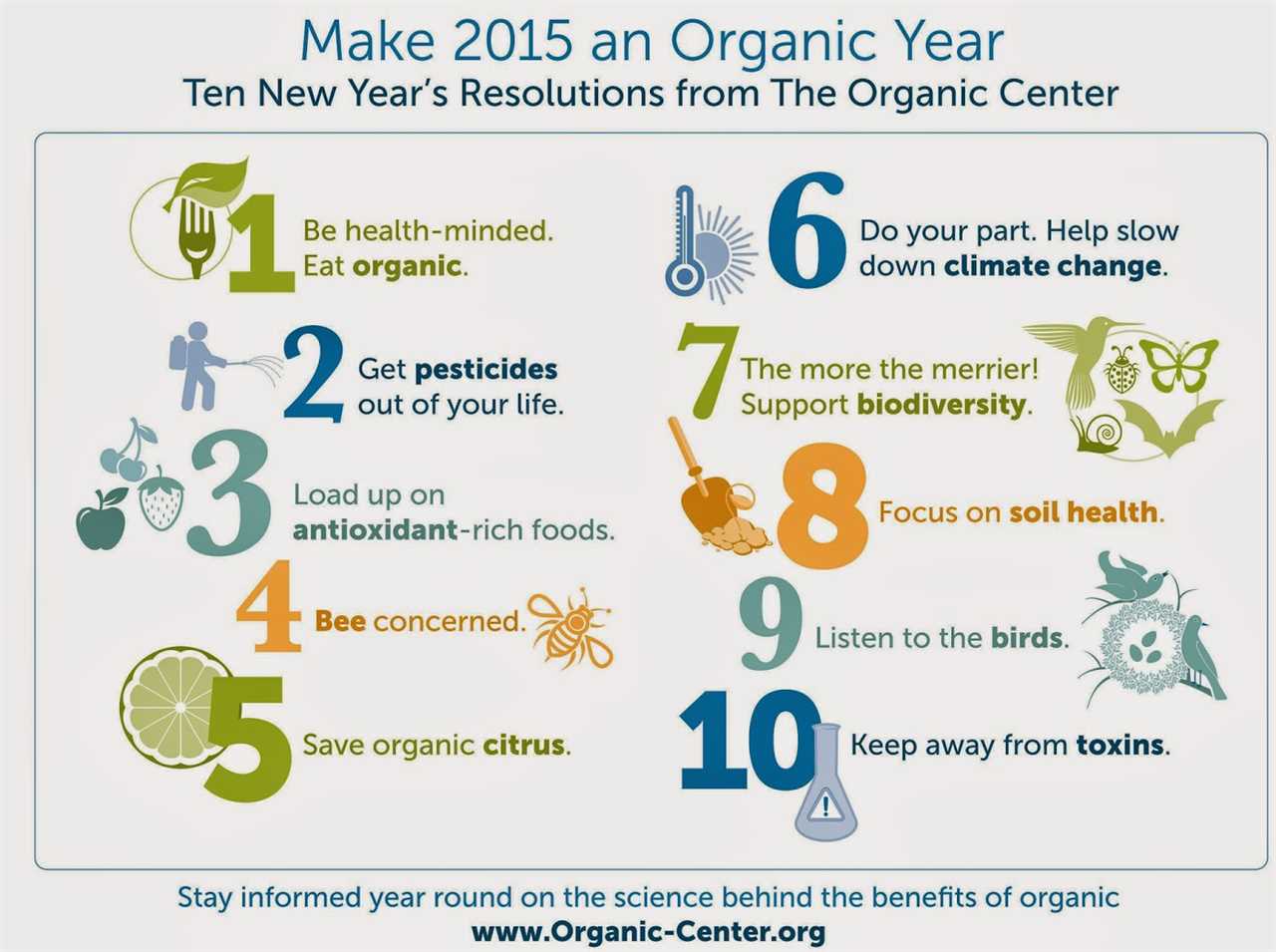 |
Organic vs Conventional Produce - The Dirty Dozen & Clean 15 ExplainedClick https://skl.sh/flavcitywithbobbyparrish to get 2 months of Skillshare for FREE! Here is a full review of the dirty dozen fruits and vegetables and |
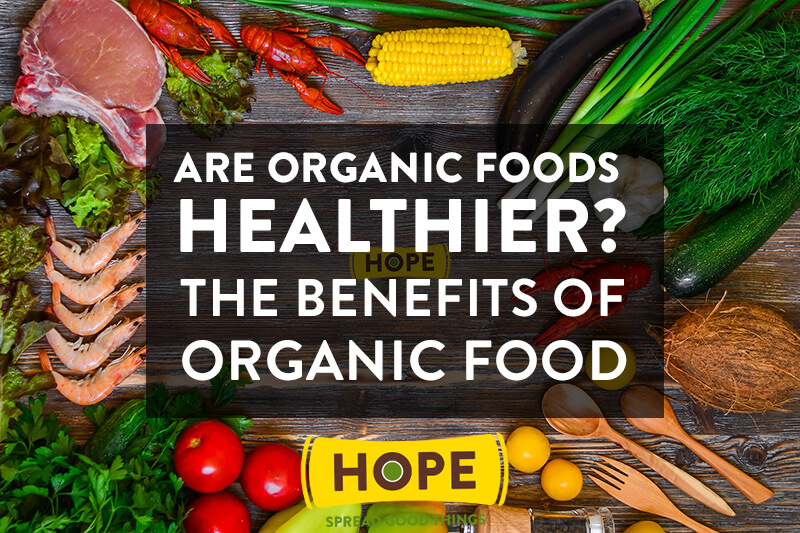 |
Are Organic Foods Really Healthier?It's widely believed that organic foods are more nutritious and safer than non-organic foods, even though the evidence is far from clear. Food certified as |
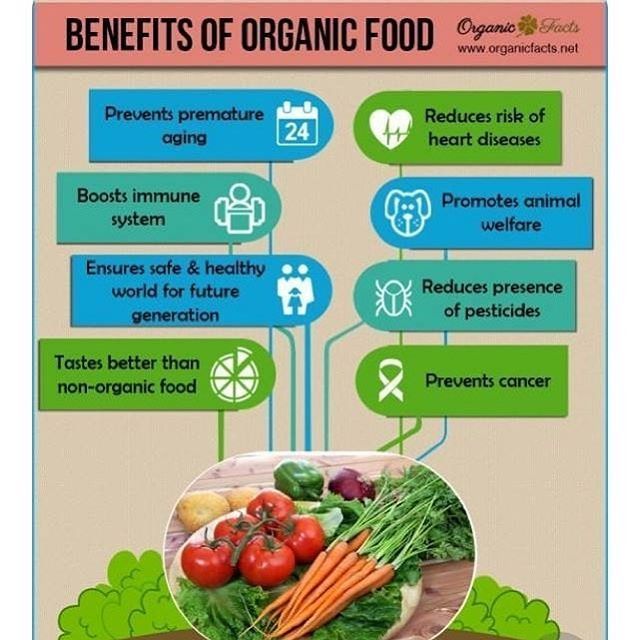 |
Are GMOs Good or Bad? Genetic Engineering & Our FoodAre GMOs bad for your health? Or is this fear unfounded? OUR CHANNELS German Channel: https://kgs.link/youtubeDE Spanish Channel: |
 |
How the food you eat affects your brain - Mia NacamulliView full lesson: http://ed.ted.com/lessons/how-the-food-you-eat-affects-your-brain-mia-nacamulli When it comes to what you bite, che […] |
 |
Is Buying Organic Food Worth The Cost?Subscribe to Goodful: https://bzfd.it/2QApoPk Goodful Goodful Feel better, be better, and do better. Subscribe to Goodful for all your healthy self care |
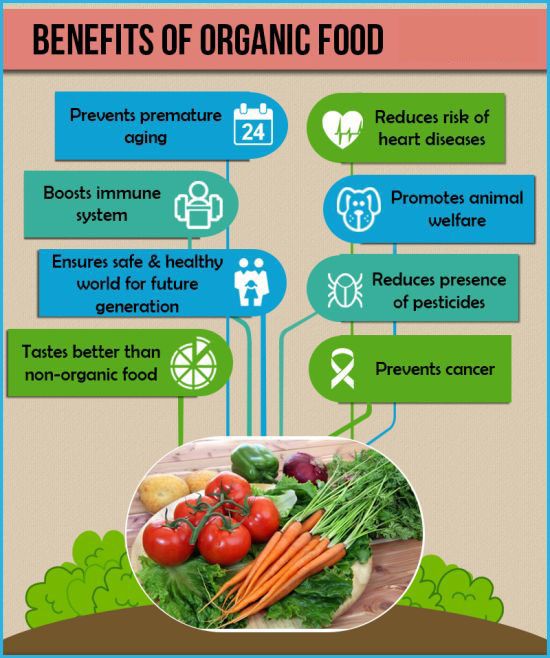 |
Benefits of Choosing Organic Gluten-Free OptionsIf you’ve been diagnosed with gluten sensitivity or celiac disease, you know how hard it can be to avoid foods containing wheat and other grains. But |
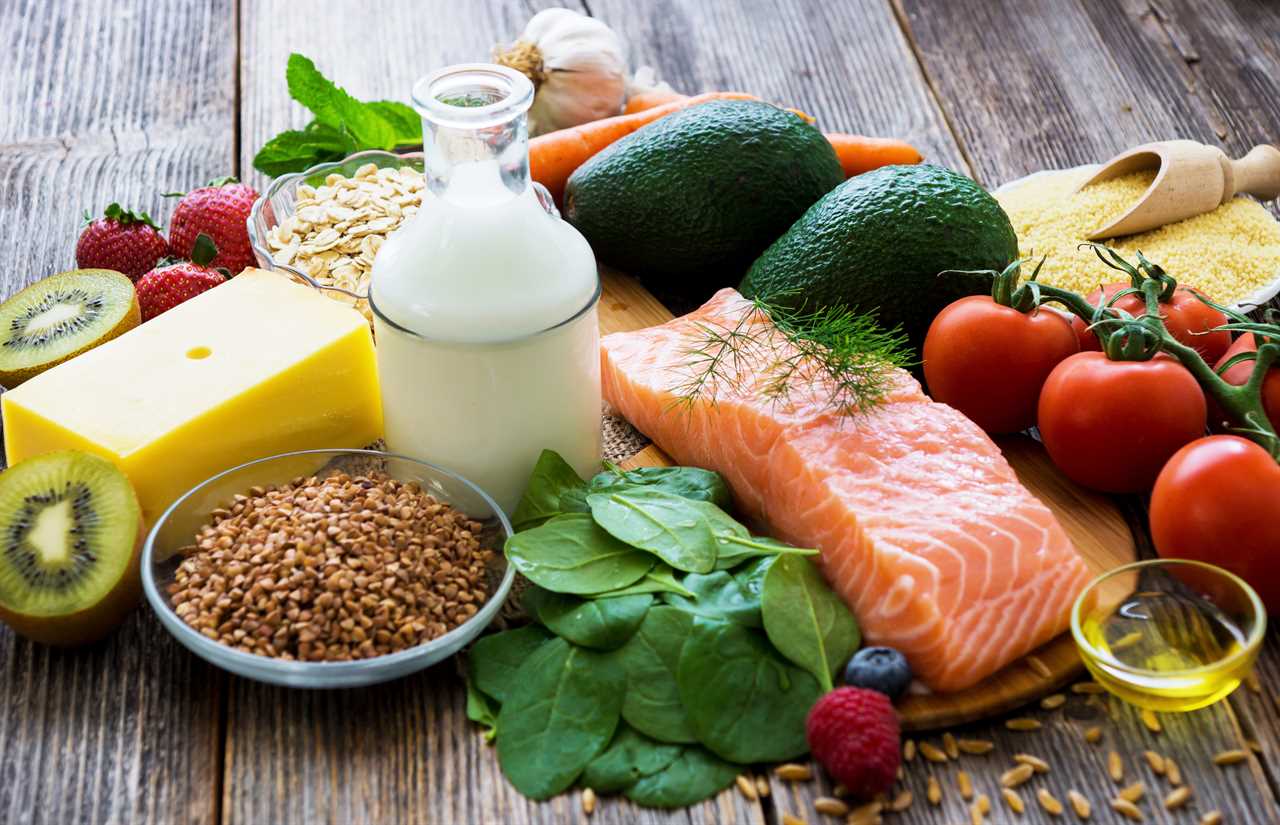 |
Joseph Wang LIVE (Bank Bailouts and Moral Hazards Deep Dive)buy my stuff Come to rebel capitalist live at https://rebelcapitalistlive.com Check out my private, online investment community (Rebel Capitalist Pro) |
 |
Organic Farming and Soil HealthOrganic farming practices promote soil health through crop rotations, symbiotic associations, cover crops and minimum tillage. These management.. |
 |
Research Reveals How Your Body Reacts When You Eat Only Organic FoodsThere is a growing belief that organic foods are healthier for us than non-organic foods. This ever-increasing belief is responsible for significant growth in |
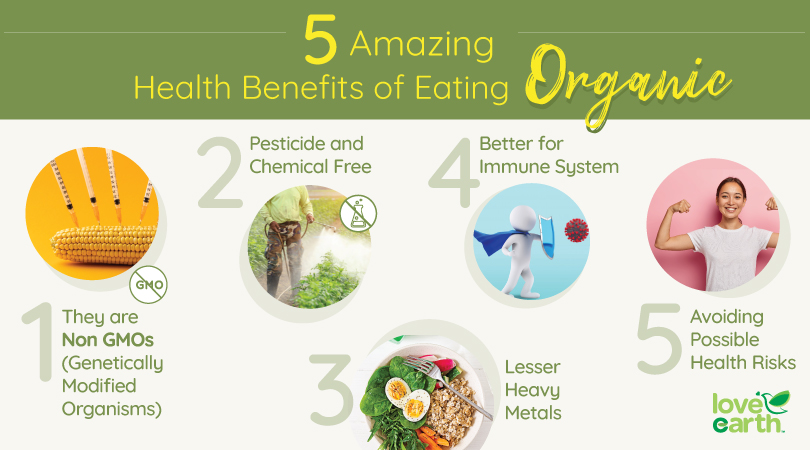 |
Stop Wasting Money on These ORGANIC Veggies (you don’t need to buy them organic)Click Here to Subscribe: http://Bit.ly/ThomasVid Get MY Recommendation on Groceries Delivered to Your Doorstep with Thrive Market: http: […] |
 |
If You Eat an Avocado a Day For a Month, Here''s What Will Happen to YouWhat Will Happen to Your Body If You Eat Avocado Every Day. The avocado is a unique fruit with multiple nutritional and health benefits. How would your body |
 |
Korean GardeningKorean gardening is one of the oldest ways to grow plants. It involves planting herbs, fruits, and vegetables that are used in kimchi, a type of.. |
 |
The Rodale InstituteThe Rodale Institute is a nonprofit organization that aims to support research into organic farming. It was founded in 1947 by J. I. Rodale, an.. |
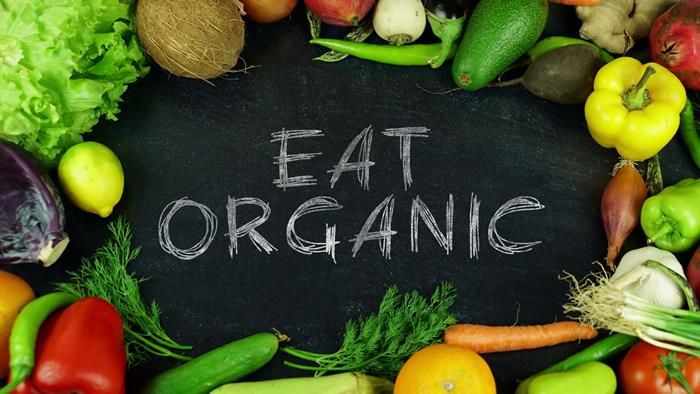 |
Organic eatingOrganic Cultur |
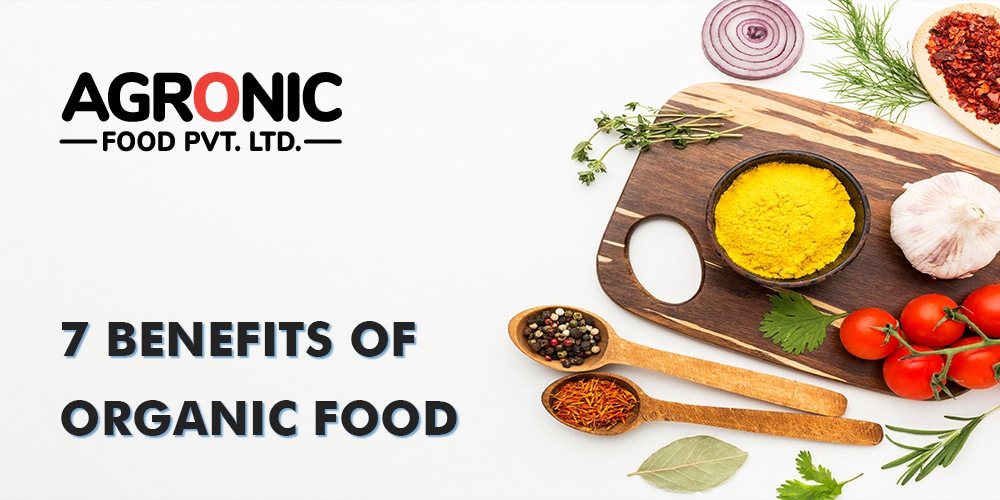 |
What is a Conventional Farm?Conventional farm is the term used to describe a farm that is not organic. It is a form of agriculture that is associated with better soil quality,.. |
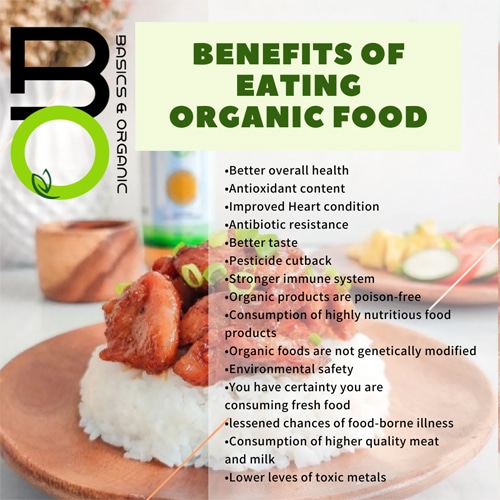 |
Chhattisgarh's Organic Farming SchoolsThe government of Chhattisgarh has started to introduce organic farming schools. This initiative is intended to provide the young generation with the |
 |
Can Organic Be GMO?The question Can organic be GMO is an ongoing debate among many consumers. While it's possible to eat foods that have been produced using genetic.. |
 |
When Did Organic Food Start?The answer to the question when did organic food start? will vary depending on the time period in which you are looking at. For instance, it may be a |
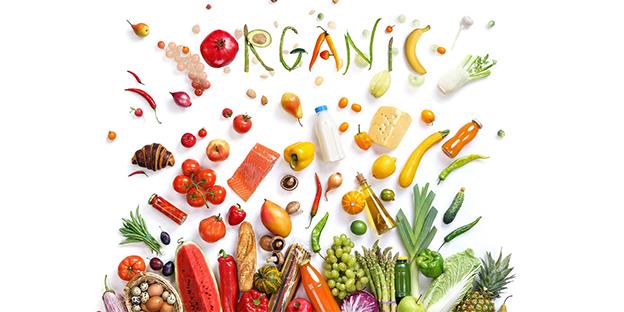 |
Organic Farming PrinciplesOrganic farming is a practice that is designed to be sustainable and healthy. Its principles include avoiding harms produced by industrial farming.. |
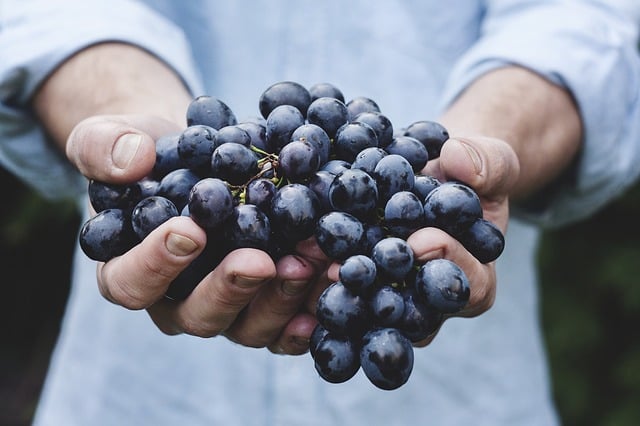 |
Soil Composition and BiodiversityThe soil that we have around us is a vital part of our lives. It is the home for many plants and animals. It also has a texture, a color, and many.. |
 |
The Benefits and Pitfalls of Organic Farming OrganizationsOrganic farming is an approach to farming that is not only ecologically sound, but also financially feasible. It is a method that is free from.. |
 |
Exotic VegetablesWhen it comes to vegetables, there are plenty of choices to choose from. Some of the most popular choices include broccoli, corn, carrots, and.. |
 |
Learn How to Become an Organic Farmer Through a Training ProgramIf you are looking to become an organic farmer, there are several ways you can do so. One option is to take a training program that will teach you.. |
 |
Benefits of Cover CropsIf you aren't familiar with cover crops, you may be surprised to learn that they are plants that are planted to grow on top of the soil to help.. |
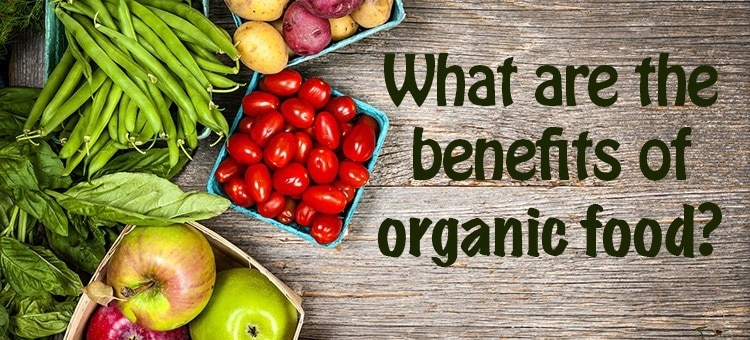 |
What is Organic Cotton?Organic cotton is the type of cotton that is grown without using pesticides or chemicals. It is also the type of cotton that is grown in subtropical.. |
 |
Is Organic Farming Beneficial to Biodiversity?Organic farming is a growing interest in the scientific community, and researchers have been investigating whether the practice is beneficial to.. |
 |
The Benefits of CompostingComposting your waste can be a very effective way of ensuring that your organic material is being broken down to the best of its ability. When.. |
 |
The Difference Between Organic Milk and Regular MilkOrganic milk is a type of milk that comes from livestock that is raised according to organic farming methods. This is a term that is regulated by.. |
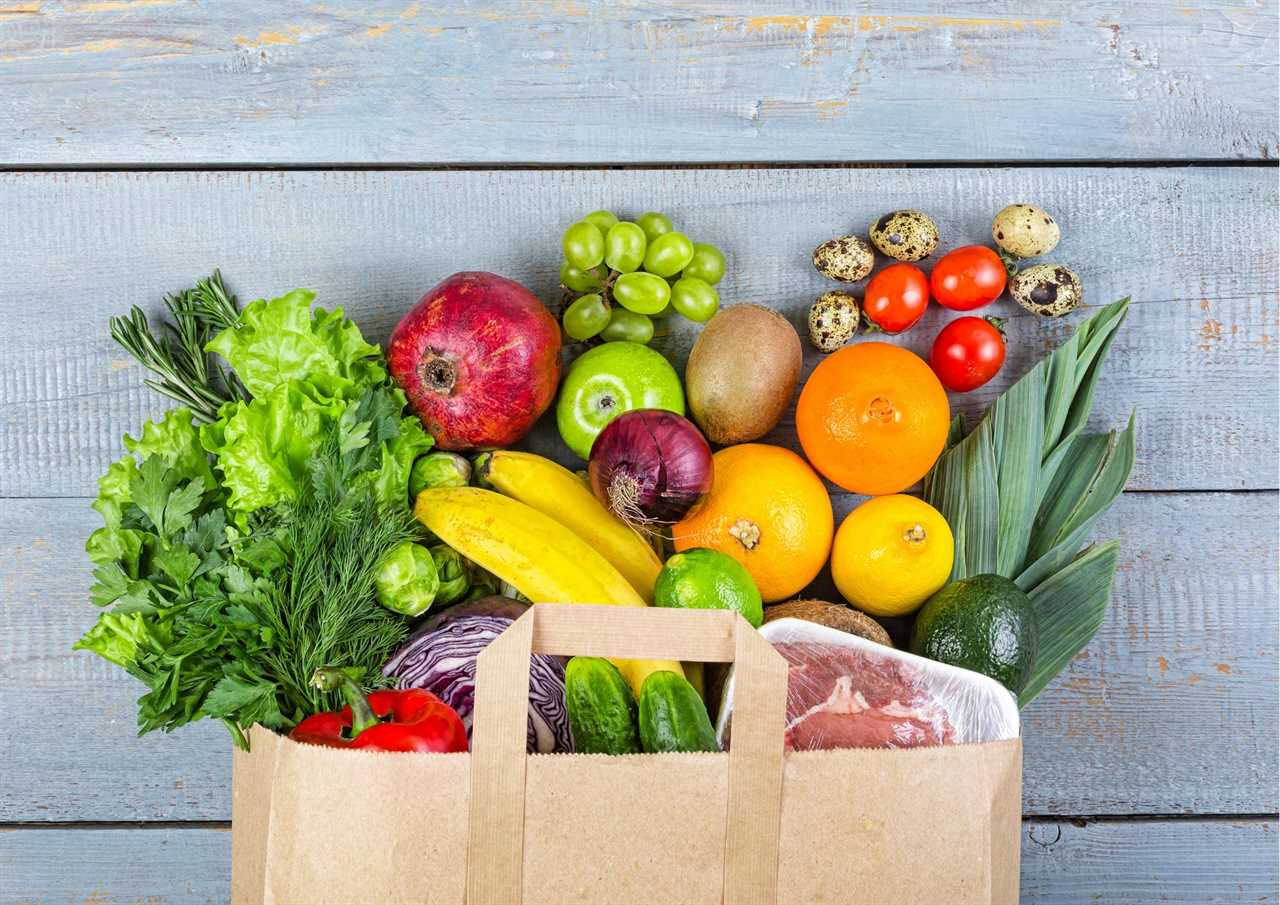 |
Organic Farming MagazineOrganic farming magazine is a resource that provides you with the latest information on organic agriculture, health, and sustainability. It also.. |
 |
The Latest Research on Organic | The Organic CenterResearched articles about eating Organic food |
.png)





